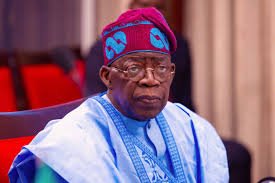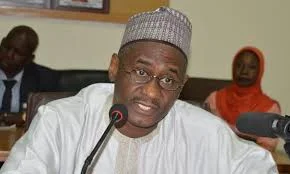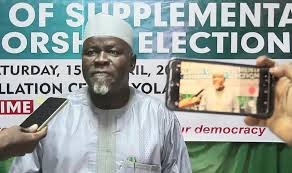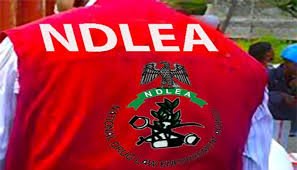Nigeria’s ongoing fuel scarcity has intensified, with oil marketers attributing the crisis to persistent logistical challenges in the supply chain.
The shortage has led to skyrocketing prices and long queues at filling stations across the country.
Billy Gillis-Harry, President of the Petroleum Products Retail Outlets Owners Association (PETROAN), shed light on the situation during an interview with Channels Television’s Morning Brief.
“I think until we get our supply challenges sorted out efficiently and abundantly, we will not be able to get out of this circle,” Gillis-Harry stated.
The PETROAN president explained that the core issue lies in the logistics of transferring fuel from ships to local depots.
“The logistics issue is about ship-to-ship transfer. Until the ship gets products, it cannot deliver to any of the depots. And until depots have products, we the retailers cannot also have access to products,” he clarified.
The shortage has had a significant impact on consumers, with fuel prices soaring to between ₦800 and ₦1,000 per liter in some filling stations. This surge has led to increased transportation costs and opened the door for black market operators to capitalize on the scarcity.
Amidst the crisis, reports surfaced suggesting that the Nigerian National Petroleum Company Limited (NNPCL) owed debts to international oil traders, potentially contributing to the supply issues. However, Olufemi Soneye, NNPCL’s Chief Corporate Communications Officer, refuted these claims, stating, “NNPC Ltd., through its subsidiary, NNPC Trading, has many open trade credit lines from several traders. The company is paying its obligations of related invoices on a first-in-first-out (FIFO) basis.”
ALSO READ: Fuel Scarcity: HURIWA Faults NNPC Ltd
Despite the challenges, Gillis-Harry assured the public that oil marketers are in constant communication with NNPCL to address the supply constraints.
He said, “We have been speaking with NNPCL. We encourage them to do more, and I can assure you that they are trying their best.”
As the situation unfolds, Nigerians continue to face the brunt of the shortage, with many forced to rely on the black market or endure long waits at the few operational filling stations.
























